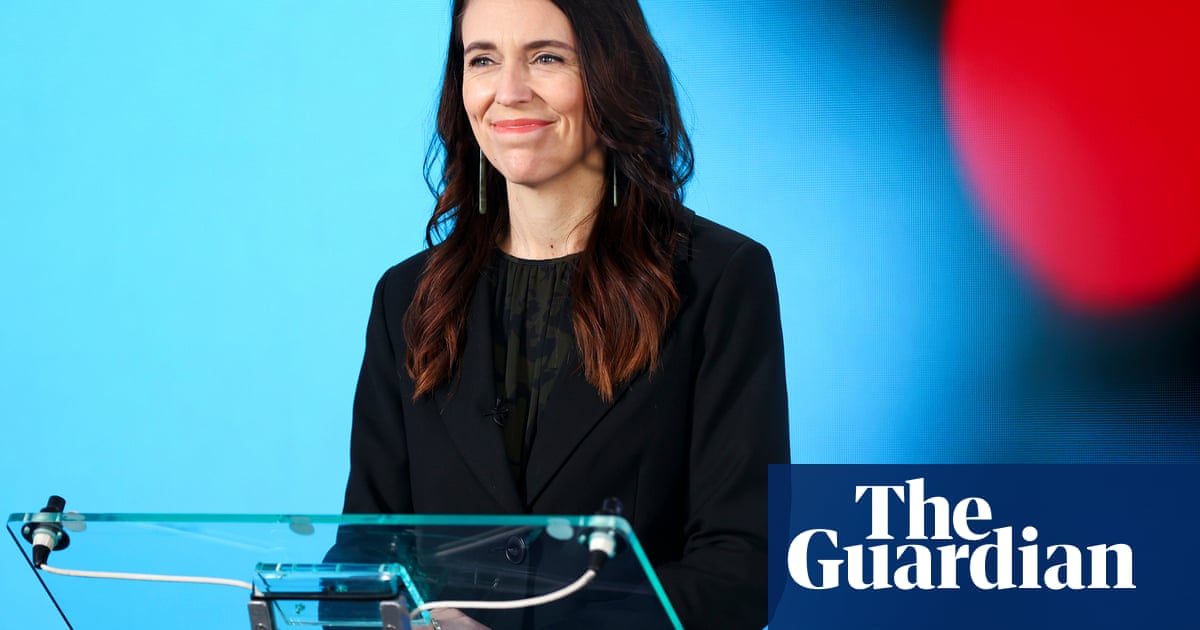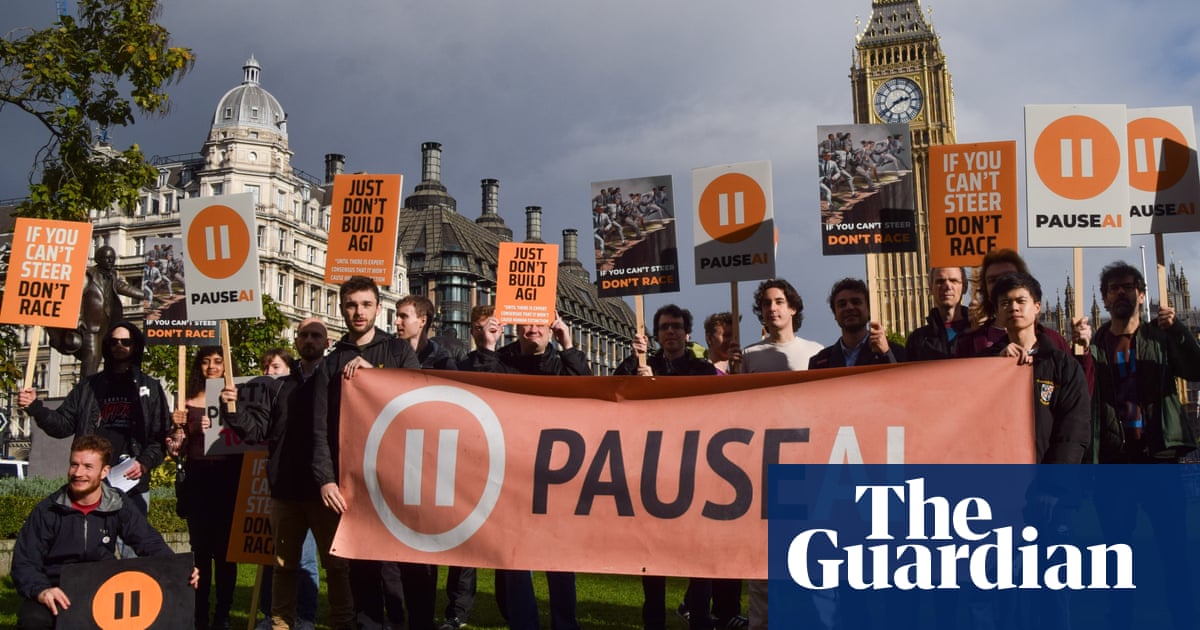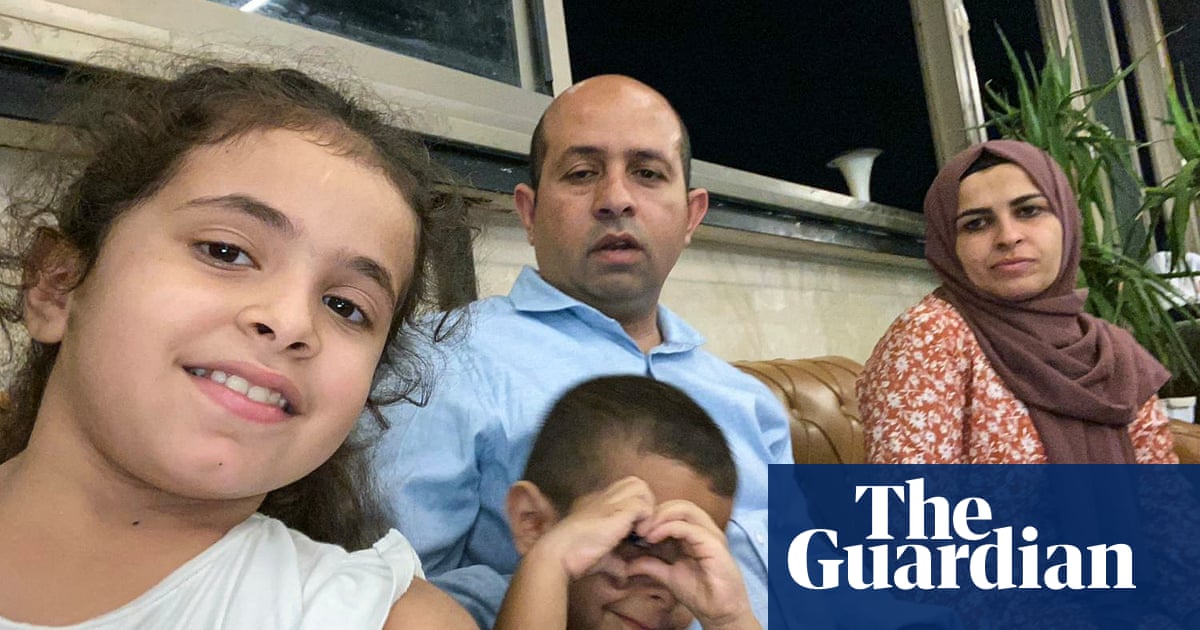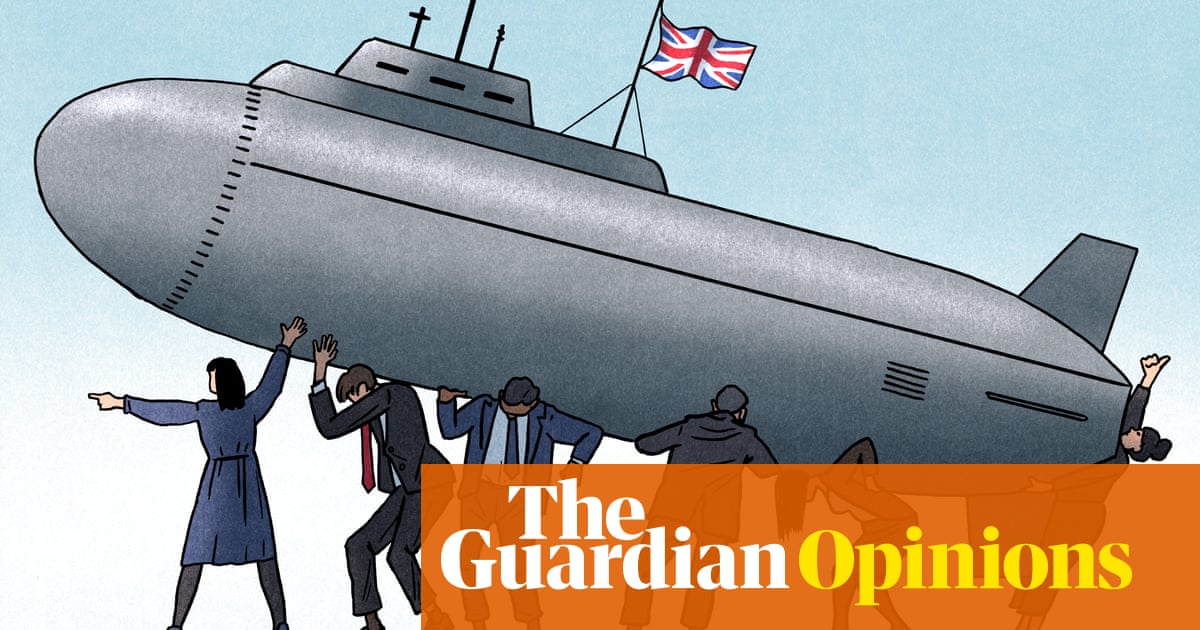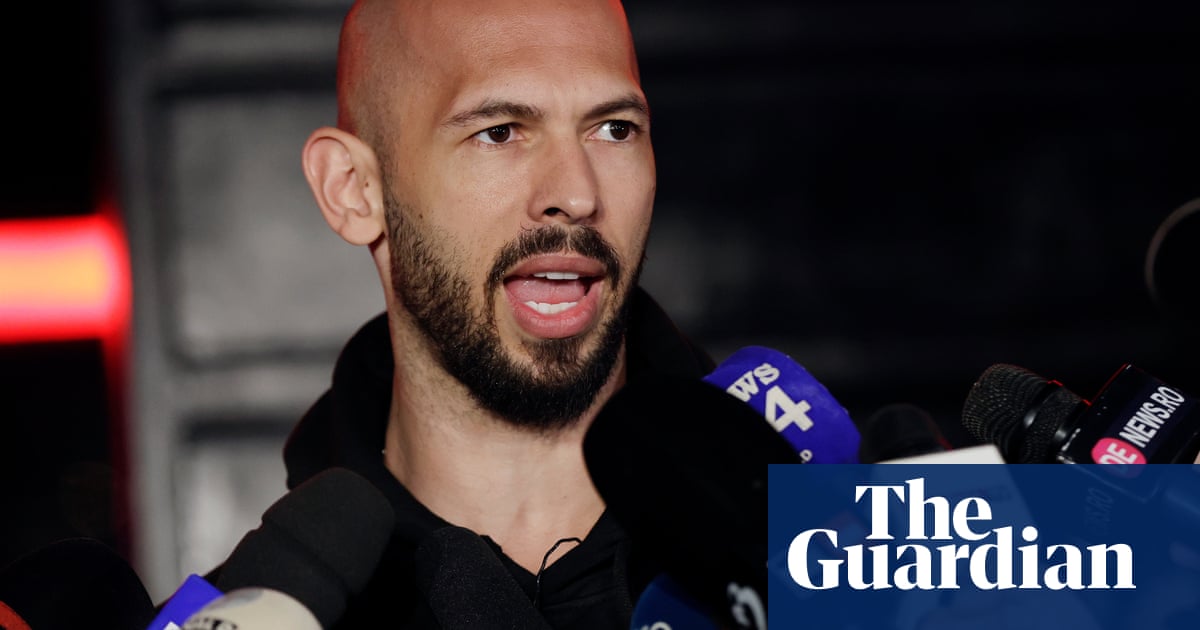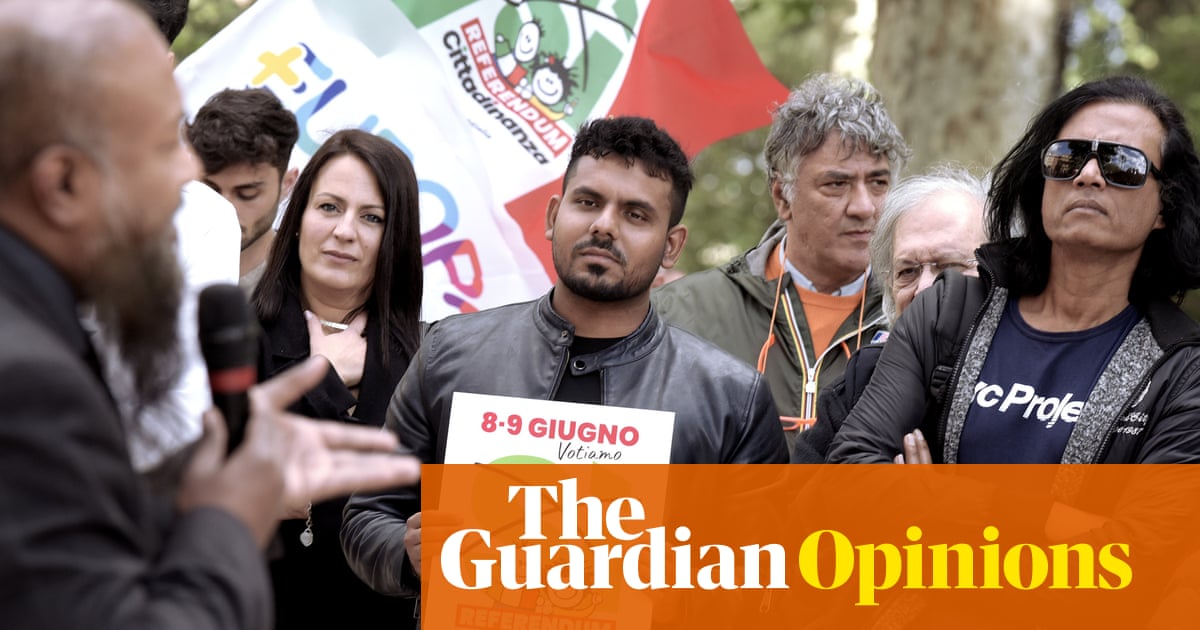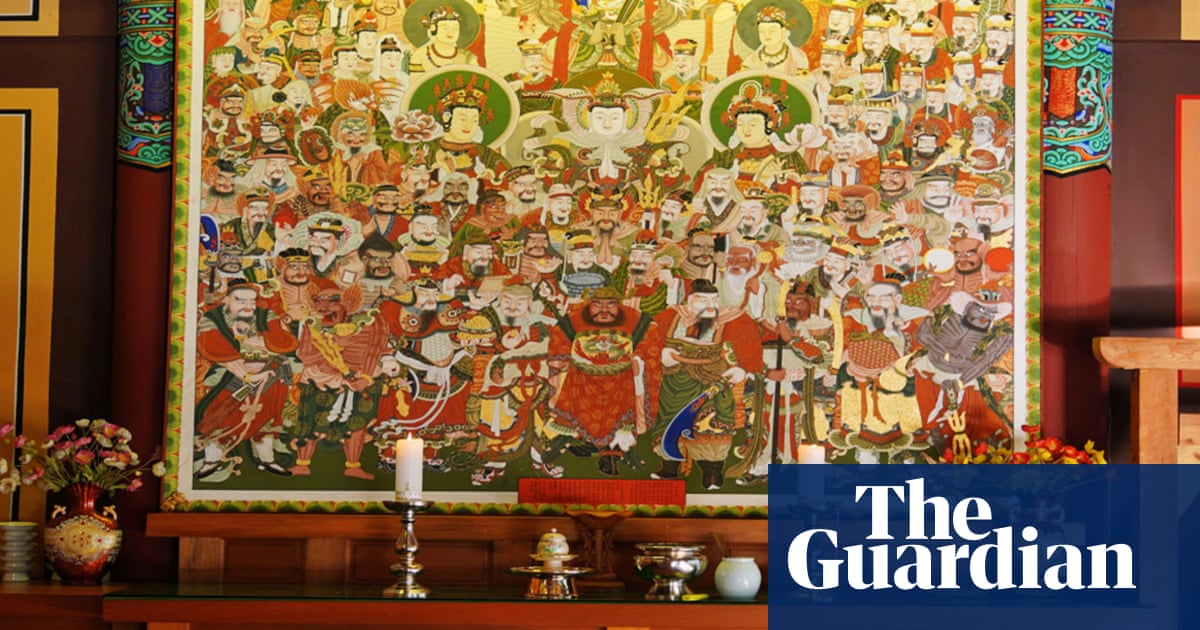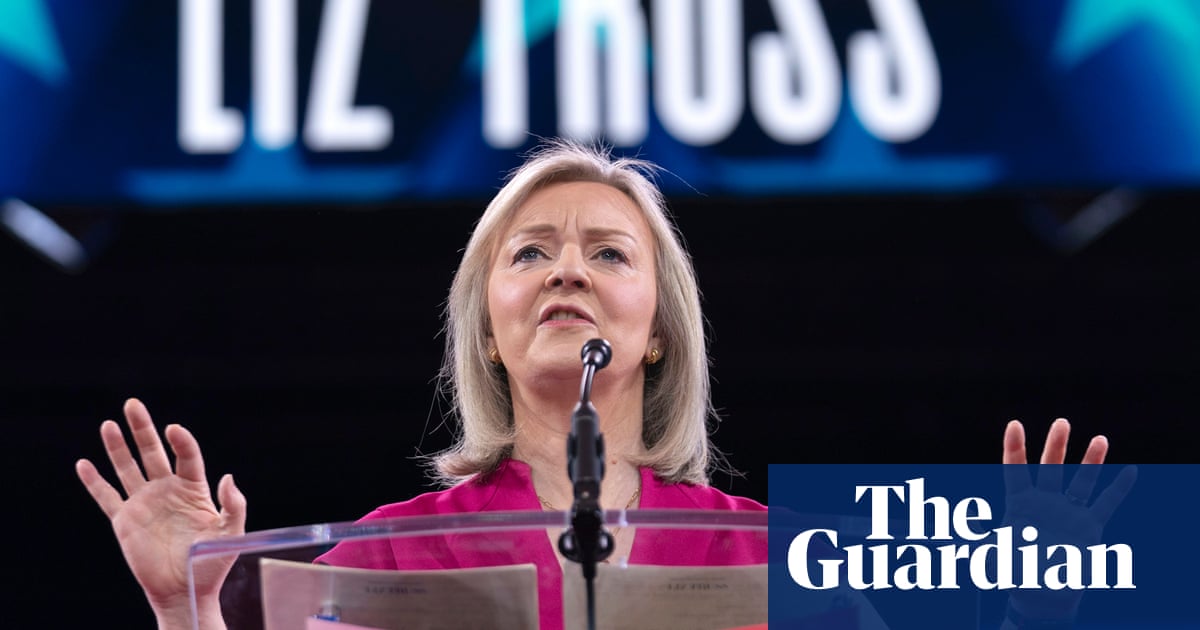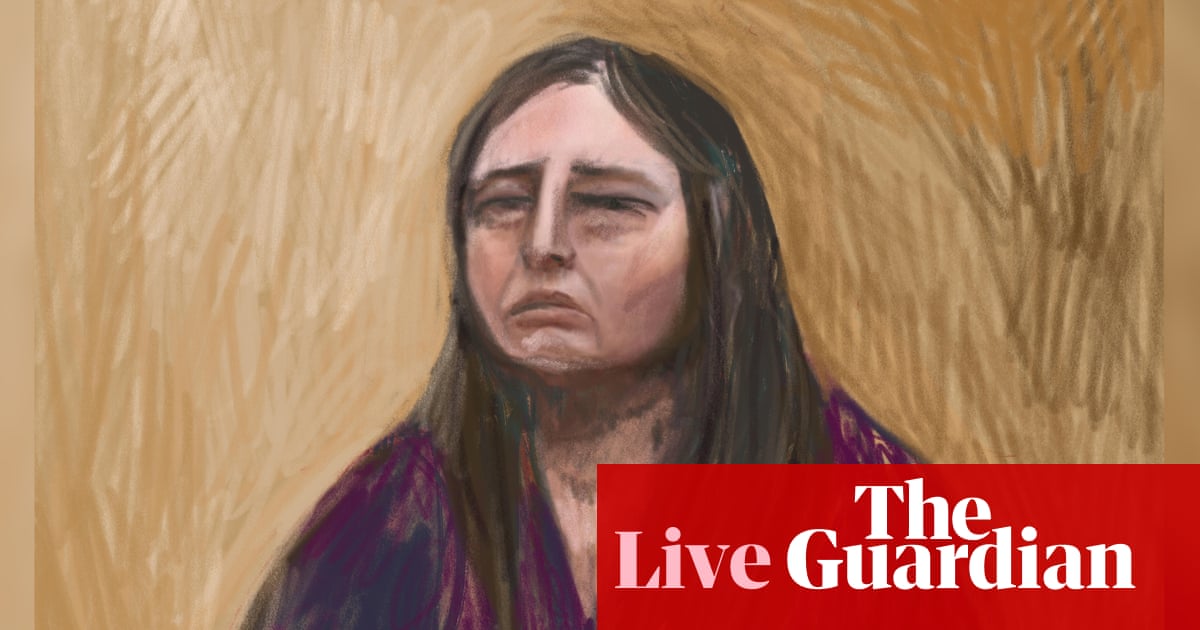Exit polls in South Korea have projected that Lee Jae-myung will become the country’s new president after a snap election triggered by a brief period of martial law imposed by the now-impeached former leader Yoon Suk Yeol.
After polls closed in what Lee described as “judgment day” for Asia’s fourth-biggest economy, the broadcaster MBN put Lee, the Democratic party candidate, on 49.2% of the vote, comfortably ahead of his closest rival, the conservative Kim Moon-soo, on 41.7%. A joint exit poll by three other broadcasters showed Lee with 51.7% and Kim with 39.3%.
Lee, a 61-year-old former human rights lawyer who had made two failed attempts to reach the presidential Blue House, rode a wave of public anger that followed Yoon’s declaration of martial law in early December.
The order, which was overturned in a matter of hours, sparked South Korea’s biggest political crisis in decades. The country is also battling an economic downturn, income inequality and doubts over the US’s commitment to its security under Donald Trump.
Kim, however, struggled to win over moderate swing voters while his People Power party feuded over how to view Yoon’s legacy.
Turnout was high, at 77.8% an hour before the polls closed, surpassing the figure recorded in the previous presidential election in 2022, according to the national election commission. More than a third of the 44.39 million eligible voters had cast their ballots in early voting last Thursday and Friday. A declaration of the official result was expected several hours after polls closed at 8pm local time (midday BST), possibly before midnight.
Some South Koreans view the election, called after the constitutional court upheld Yoon’s impeachment in early April, as evidence that their democracy is in good health. In a Facebook message on Tuesday, Lee had cast the election as voters’ opportunity to “save South Korea, which is in crisis due to the greed of the establishment”.
But the division unleashed by Yoon is expected to follow Lee into his single five-year term, which begins on Wednesday without the traditional two-month transition period.
Large crowds have taken to the streets in recent months to denounce or support Yoon, whose suspension, and then removal, left a leadership vacuum that shook the country’s diplomatic activities and financial markets.
“The economy has gotten so much worse since December … Not just for me but I hear that from everybody,” said Kim Kwang-ma, an 81-year-old voter. “And we as a people have become so polarised … I wish we could come together so that Korea can develop again.”
Lee, a frontrunner since the start of the campaign, will face several major challenges, including a slowing economy, Trump’s trade war and the nuclear threat posed by North Korea.
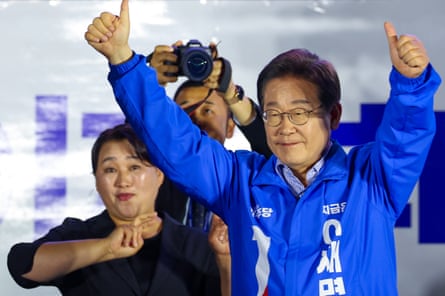
In his final campaign speeches on Monday, Lee promised to revitalise the economy, reduce inequality and ease national divisions, warning that victory for Kim would allow Yoon’s “rebellion forces” to return.
“If they somehow win, that would mean the return of the rebellion forces, the destruction of democracy, the deprival of people’s human rights, the normalisation of martial law and our country’s downfall into a backward, third-world nation,” Lee told a crowd at a party in Seoul.
Kim, a former labour minister under Yoon, warned that a victorious Lee would abuse his powers to retaliate against his political opponents and use his party’s majority in the national assembly to protect him in several court cases that will resume after the election.
Lee “is now trying to seize all power in South Korea and establish a Hitler-like dictatorship”, Kim told a rally in the south-eastern city of Busan.
Lee, who headed the opposition-led campaign to oust Yoon, is a highly divisive figure in South Korean politics. He faces criminal trials including charges of bribery and alleged involvement in a property development scandal.
Courts agreed to postpone further hearings of continuing trials until after the election, allowing him to contest the presidency while the cases remained unresolved. Lee denies all charges, describing them as politically motivated persecution.
Lee, who grew up in a poor household and worked in factories as a child, has shown a more cautious side in recent speeches, despite his reputation as a radical reformer determined to take on the country’s conservative establishment.
He has promised to be pragmatic in foreign affairs, committing himself to South Korea’s alliance with the US and vowing to continue Seoul’s partnership with Washington and Tokyo, mirroring the policies of his conservative predecessor.
But he wants to move away from Yoon’s confrontational approach towards North Korea and re-engage with the South’s nuclear-armed neighbour. He has conceded, though, that it will be “very difficult” to quickly resume summits with the North’s leader, Kim Jong-un.

 1 day ago
17
1 day ago
17
